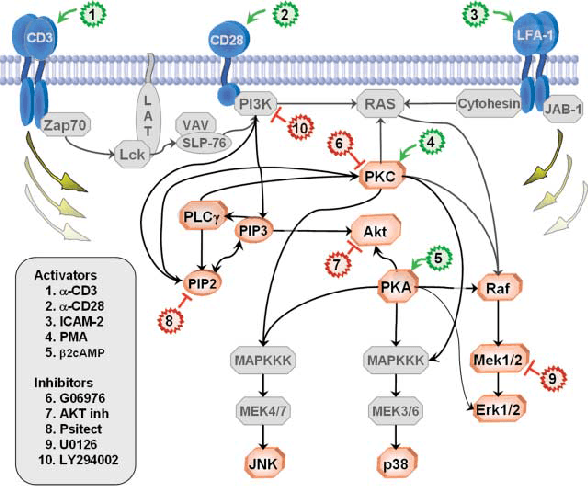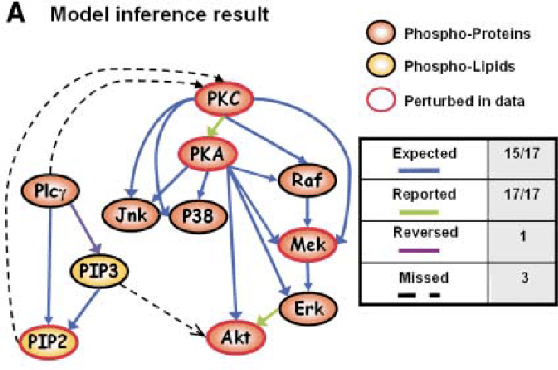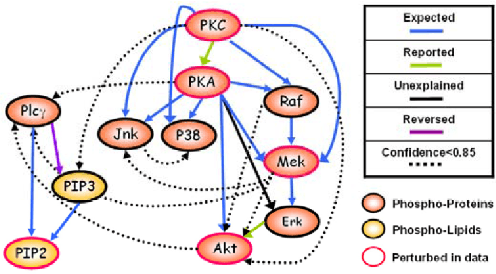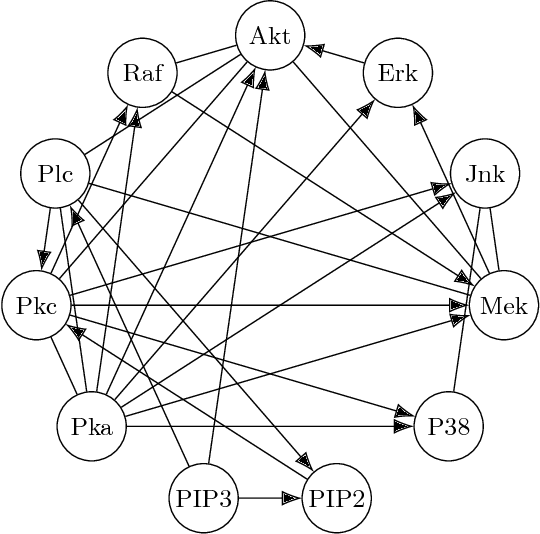FASK with Interventional Knowledge Recovers Edges from the Sachs Model
Paper and Code
May 06, 2018



We report a procedure that, in one step from continuous data with minimal preparation, recovers the graph found by Sachs et al. \cite{sachs2005causal}, with only a few edges different. The algorithm, Fast Adjacency Skewness (FASK), relies on a mixture of linear reasoning and reasoning from the skewness of variables; the Sachs data is a good candidate for this procedure since the skewness of the variables is quite pronounced. We review the ground truth model from Sachs et al. as well as some of the fluctuations seen in the protein abundances in the system, give the Sachs model and the FASK model, and perform a detailed comparison. Some variation in hyper-parameters is explored, though the main result uses values at or near the defaults learned from work modeling fMRI data.
 Add to Chrome
Add to Chrome Add to Firefox
Add to Firefox Add to Edge
Add to Edge